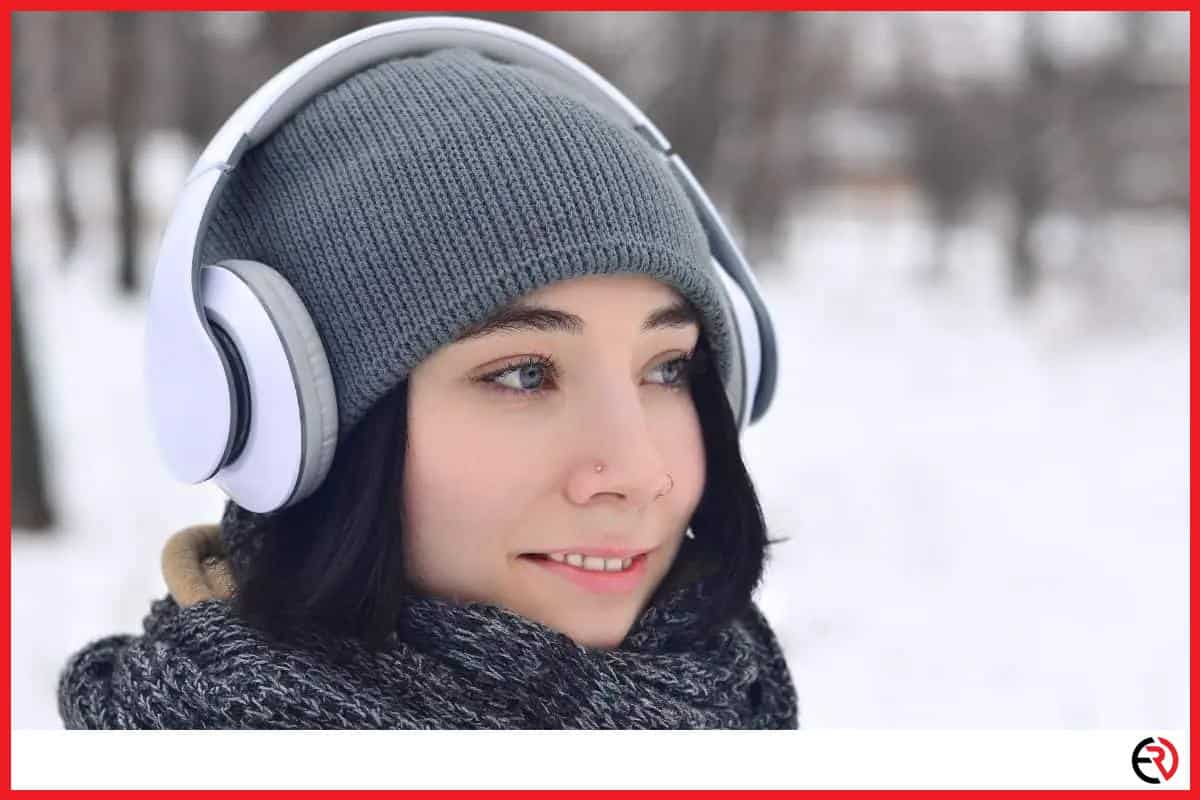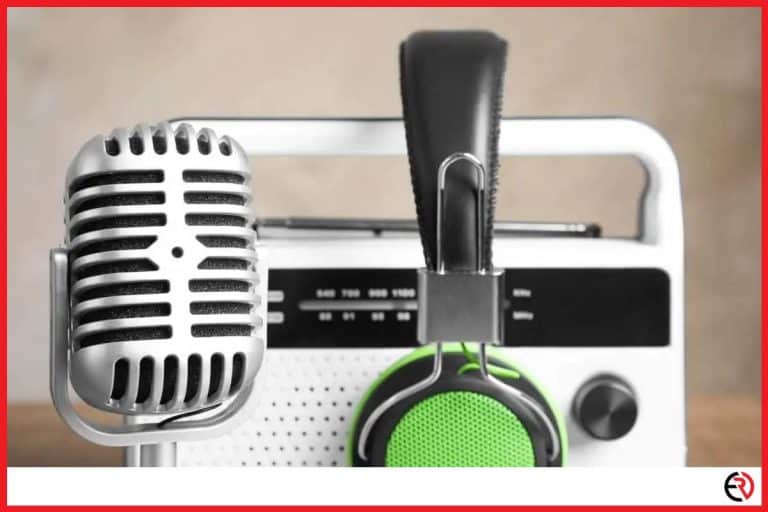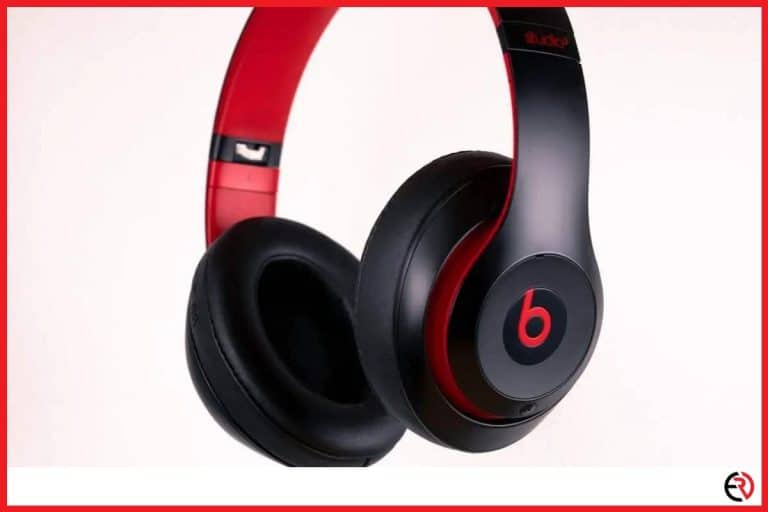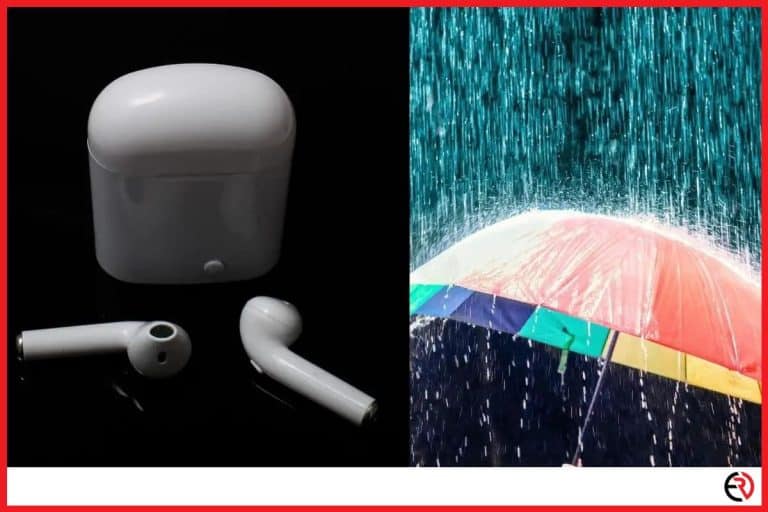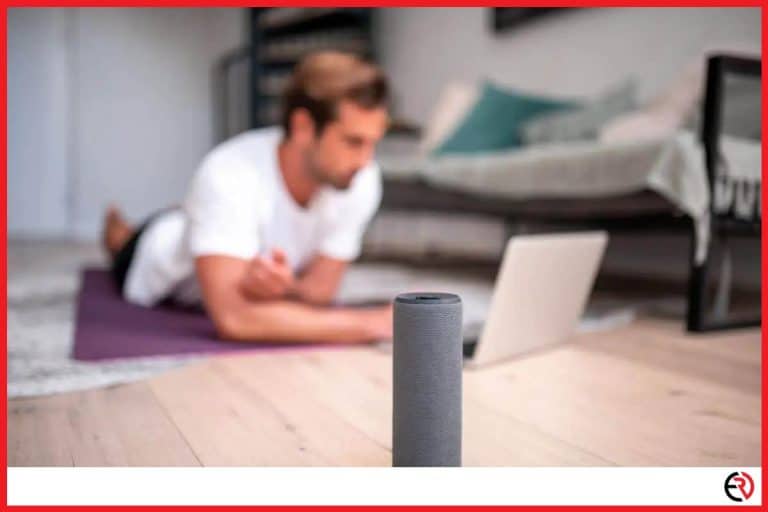Does Cold Weather Affect Bluetooth Headphones?
This post may contain affiliate links which means that, if you choose to make a purchase, I may earn a small commission at no extra cost to you.
Cold weather doesn’t affect Bluetooth connectivity. However, lithium-ion batteries which are often used in Bluetooth headphones will reduce the battery life in cold weather. Most Bluetooth headphones can handle temperatures down to 0°C. Temperatures below that may shorten the battery life and even shut down the device, or even rarer issues like the touch control bug in Sony’s WH-1000 XM3 headphones.
In the subsequent sections, we would discuss in detail how cold weather or cold conditions could lead to the issues mentioned above and what you can do about them. To begin, let’s see what effect the extreme cold has on electronics if any.
Effect Of Extreme Cold On Electronics
We rarely discuss what happens when electronic circuits are exposed to cold conditions. The reason for this is that, unlike the cold, electronic circuits generate heat while functioning. Prolonged exposure of the electronic circuit to this heat would damage the components in the long run.
Therefore, the cooler an electronic device can run the better. But then, if it is too cold, we will have problems as well. Most electronic circuits are stress-tested at extreme temperatures to ensure they would function optimally at these temperatures.
So it takes extremely low temperatures, say around -80°C, to cause serious damage to an electronic circuit. At this temperature, the substrate that the electronic components are laid on breaks, thereby tearing connections and breaking its functionality. But then, you probably won’t be moving around at temperatures that low.
Can Cold Temperatures Reduce Battery Life?
There is more to an electronic device than its circuitry. It needs to be supplied with power for it to work. For most consumer electronics products, this power is gotten from a battery. Batteries are very delicate and need to be handled carefully. Exposing them to extreme temperatures or mechanical stress would damage them over time.
Batteries, unlike electronic circuits, have chemical reactions going on in them. And like all chemical reactions, they work best at certain temperatures. Lithium-ion batteries, which are common in consumer gadgets, do not do well in freezing temperatures.
The batteries have very little internal resistance, which is normally a good thing as less energy is wasted. But it also means that at very low temperatures, the battery can’t generate enough heat to warm itself. Because of this the chemical reactions needed to generate energy in the battery slow down as the temperature drops.
This leads to a reduction in the battery’s life, causing it to drain quickly. Sometimes, if it’s cold enough, the low-voltage cut-off circuit in the battery could be triggered, causing the battery to go dead without warning. Most consumer gadgets like Bluetooth headphones have an operating temperature range of 0-40°C and can work at slightly lower temperatures.
Below is a graph indicating the decrease in battery capacity as the temperature lowers in a 18650 Lithium-ion cell.
Should your battery go down in a similar situation as described above, do not charge it immediately. Doing so could cause metallic lithium plating to occur at the anode. This is plating is permanent and would make the battery more likely to fail when subjected to mechanical stress such as vibrations. So before charging or turning it on, leave the device to warm up for a while.
Can Moisture From Humidity Damage Your Headphones?
Water is a well-known enemy of electronic devices, due to its tendency to cause electrical shorts and corrosion. This is why you’d never willingly put your device in contact with water except it is waterproof. Besides accidents that may occur, water can get into your headphones through condensation.
When you move from a cold area to a warm area, condensation tends to form immediately on the objects you have with you, such as a pair of glasses or your phone’s screen. This condensation, which is the water vapor in the air cooling, may also form inside your headphones. Regions with high humidity are more prone to this occurrence.
As we mentioned earlier, the moisture could cause electrical shorts or corrode metal parts in the headphones. To prevent this from occurring, make sure the headphones are turned off when moving from a cold environment to a warmer one. When you get in, leave it turned off for some time, so that any moisture that has formed in it dries off.
Do Cold Conditions Affect Bluetooth Connectivity?
So far, we have covered the effects of cold conditions on hardware components of Bluetooth headphones only. What about the medium the Bluetooth standard communicates with; radio frequency signals? Well, as counterintuitive as it might seem, radio frequency signals aren’t affected by temperature. At least not directly.
The temperature might not affect the radio signals themselves, but it might affect the electronic module that transmits and receives them, as we have explained above.
Is It OK To Leave Your Earbuds In A Cold Car?
By now you understand the effect of cold weather or cold conditions on Bluetooth headphones. Perhaps now, you are a little worried about leaving your earbuds in a cold car. When cars are parked outside in the winter, depending on how cold the area is, the temperature in the car can get really low, lower than say, -20°C.
As we mentioned above, most consumer gadgets are designed to operate at a temperature range of 0-40°C and stored at a slightly wider range(Apple recommends -20°C to 45°C for its AirPods line). It would therefore be a bad idea to leave your earbuds in a cold car, except you’re certain the temperature is well within its storage temperature range.
How Well Does The Airpods Work In Cold Weather?
According to Apple, all AirPods whether it’s the AirPods, the AirPods Pro, or the AirPods Max, are designed to operate at temperatures between 0º and 35º C. So far as they are worn and used within this range they will be fine. Any lower and battery life might shorten, albeit temporarily, as it will return to its full capacity when brought back to within its operating range.
How To Protect Your Headphones In Cold Weather?
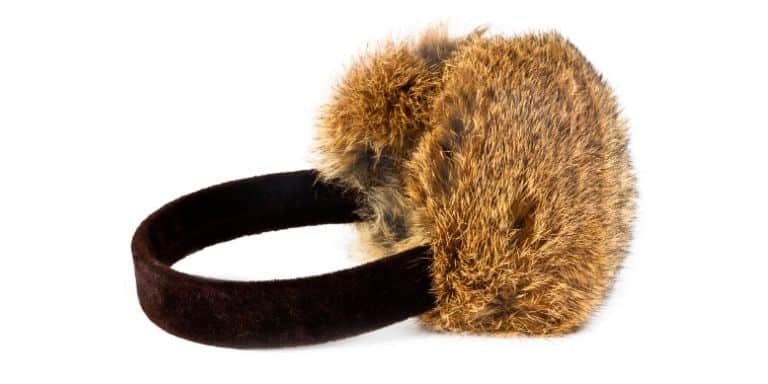
There are several things you can do to protect your headphones in cold weather. By now, you should be familiar with most of them.
- Wear earmuff headphone covers to keep your headphones warm while wearing them
- Do not leave your Bluetooth headphone in your car overnight.
- Allow your headphones some time to warm up and dry before using them or charging them on returning from a jog or grocery run.
Conclusion
To recap, Bluetooth headphones do get affected by the cold weather. It could affect the electronic circuit, the battery, metallic parts, and on rare occasions issues like the touch control malfunction of the Sony 1000 XM3 headphones (which has been resolved). To protect your headphones from all these, follow the precautions mentioned in the article and your Bluetooth headphones should be fine.

